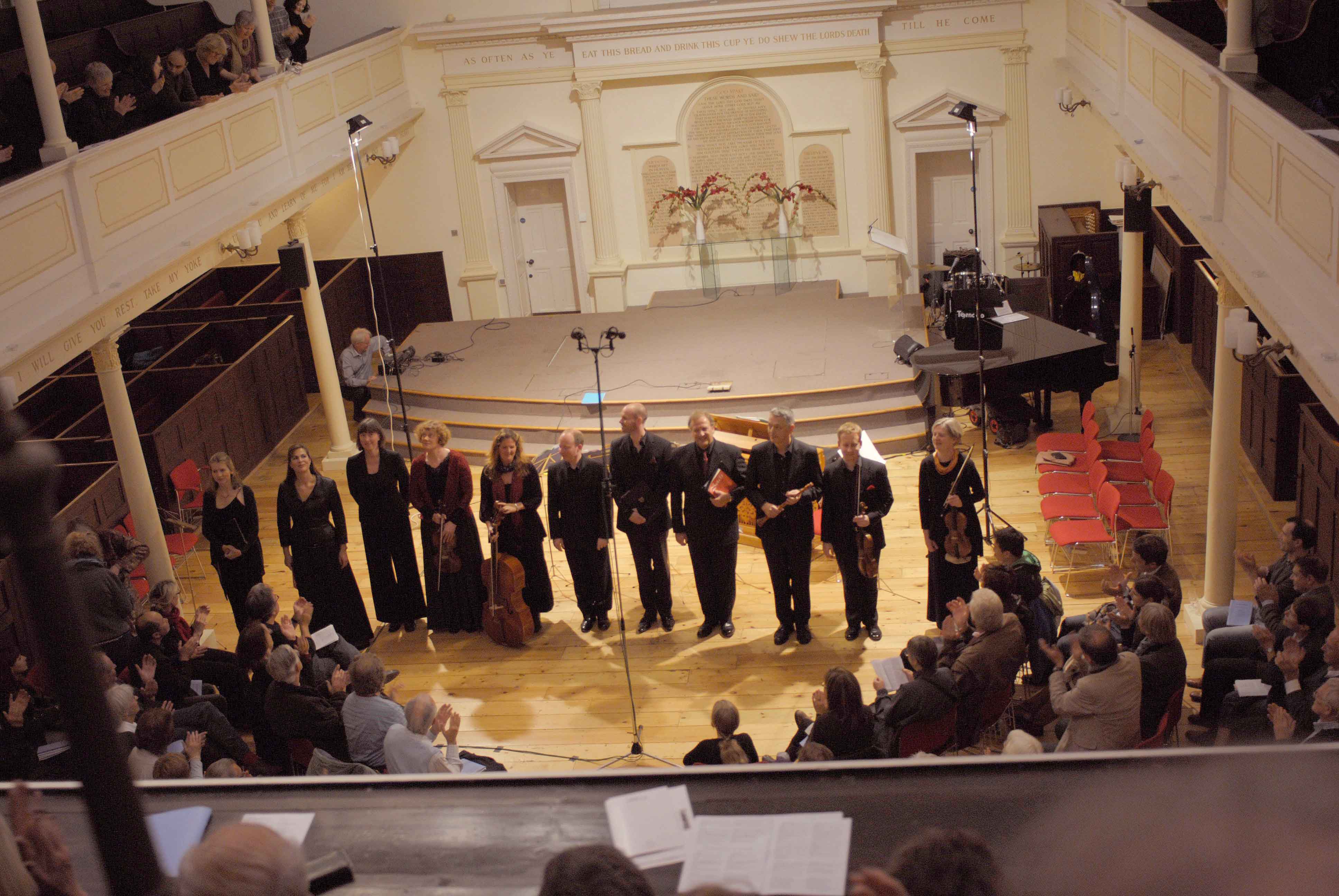
The perceived problems of classical music – too dull, too pompous, too posh, too learned, too much for the grey-haired – has come to preoccupy broadcasters and concert promoters. How to widen the audience? Entice young people? Break the barriers down?
For live classical music this issue seems to overlap with another one, particularly in London – that of venue. As anyone who has organised a concert in this metropolis knows, it is hard to entice an audience anywhere outside Zone 1. The established venues – the South Bank, Wigmore Hall, St Johns Smith Square, and now perhaps King’s Place – lend legitimacy to an event, and anywhere else brings with it the suspicion of inferiority. It’s a sad fact that someone living in Stockwell or Shepherds Bush will think of travelling to the West End in the evening, but will hardly dream of a trip to Highgate or Hampstead just for a concert. But, once you have tried it, the element of pilgrimage becomes addictive, as any football season-ticket-holder will know.
And for the locals, to travel three stops on a bus to hear wonderful music, rather than nine on a tube, is a privilege. But even when the fear of an unknown district is conquered, or when the doubts about what is happening in an off-beat place are overcome, there remains the truth that on any night in London there are multiple competing events, even within the many-layered genre of classical music.

In and around our neighbourhood, the Red Hedgehog on Archway Road has been hosting classical concerts in a venue that aspires to the atmosphere of a coffee house in Budapest. At the Forge on Delancey Street, Camden Town, a brave venture is under way: to provide a small-scale and intimate venue for serious music of all kinds, allied to a bar and a good restaurant. At St John’s Downshire Hill in Hampstead, The Bach Players have for several years been running concerts that are notably informal in their atmosphere. 
However successful these experiments are in generating informality, they will fail if the quality of the music is not good enough. When the musicians are completely engaged in playing then an energy in the room is created – the coughing and the rustling dies down. Even the kids in the front row are silent in awe, listening to music that might be considered ‘historical’ or ‘specialist’. In turn this concentration feeds back to the musicians. But if the music is routinely produced, insufficiently rehearsed, or just dull stuff, then all the glasses of wine, bottles of beer, and chatty introductions will not redeem it. As has always been evident on Classic FM and is now clear on the increasingly hyped-up BBC Radio 3, a disjunction between the main content and the context will only damage the result, however fine the intention of spreading ‘good music’ may be.

So keep an eye out for what is happening in the neighbourhood; it might even mean sometimes looking up from your phone to see the flyers on the trees.
Words: Robin Kinross. Robin works as a book and CD publisher in Kentish Town, and helps to run The Bach Players, whose next concert at St John’s is on Saturday 9 March, a performance of Pergolesi’s Stabat Mater.


